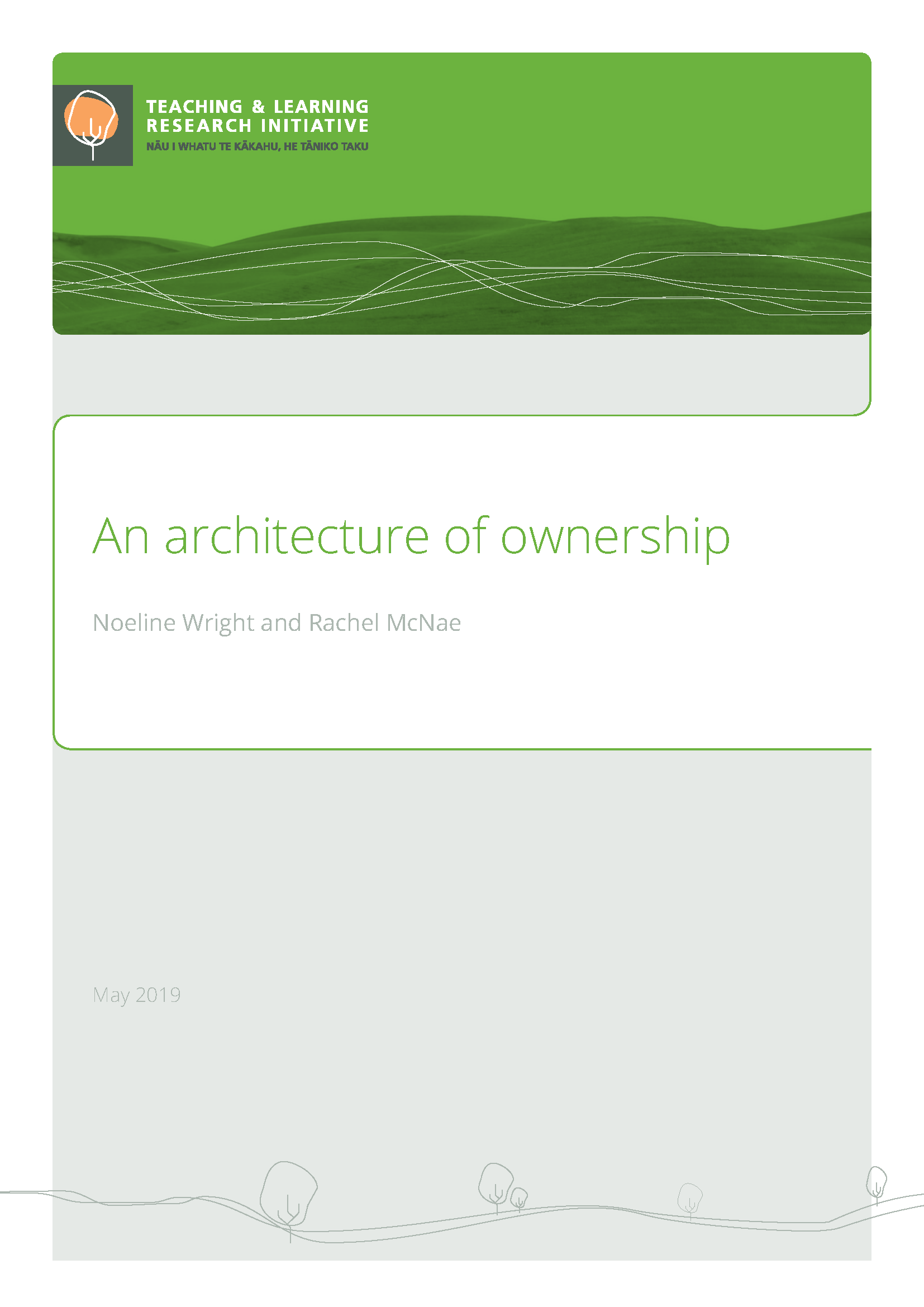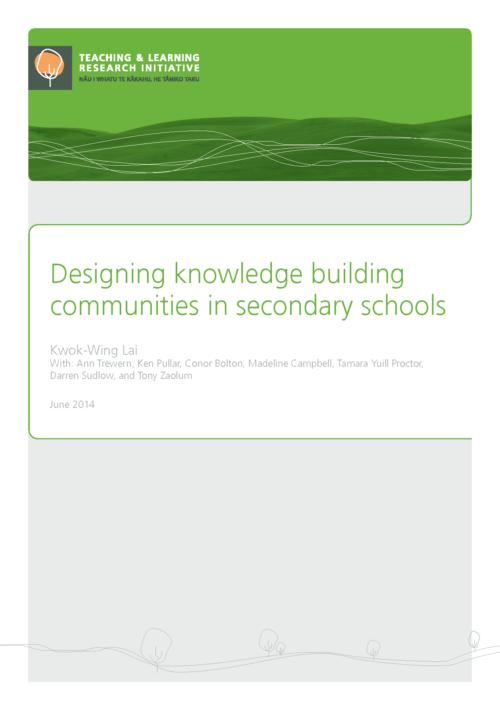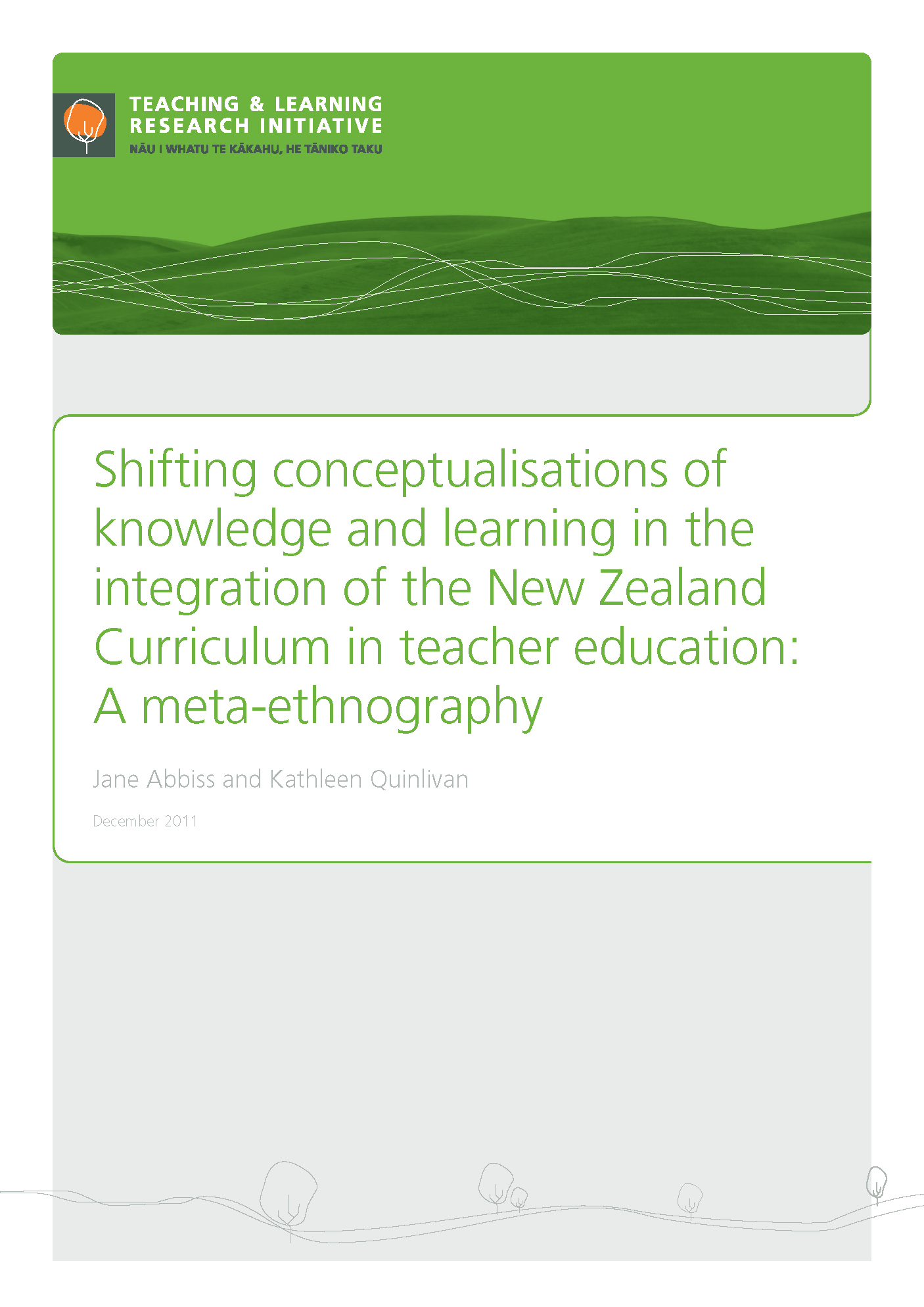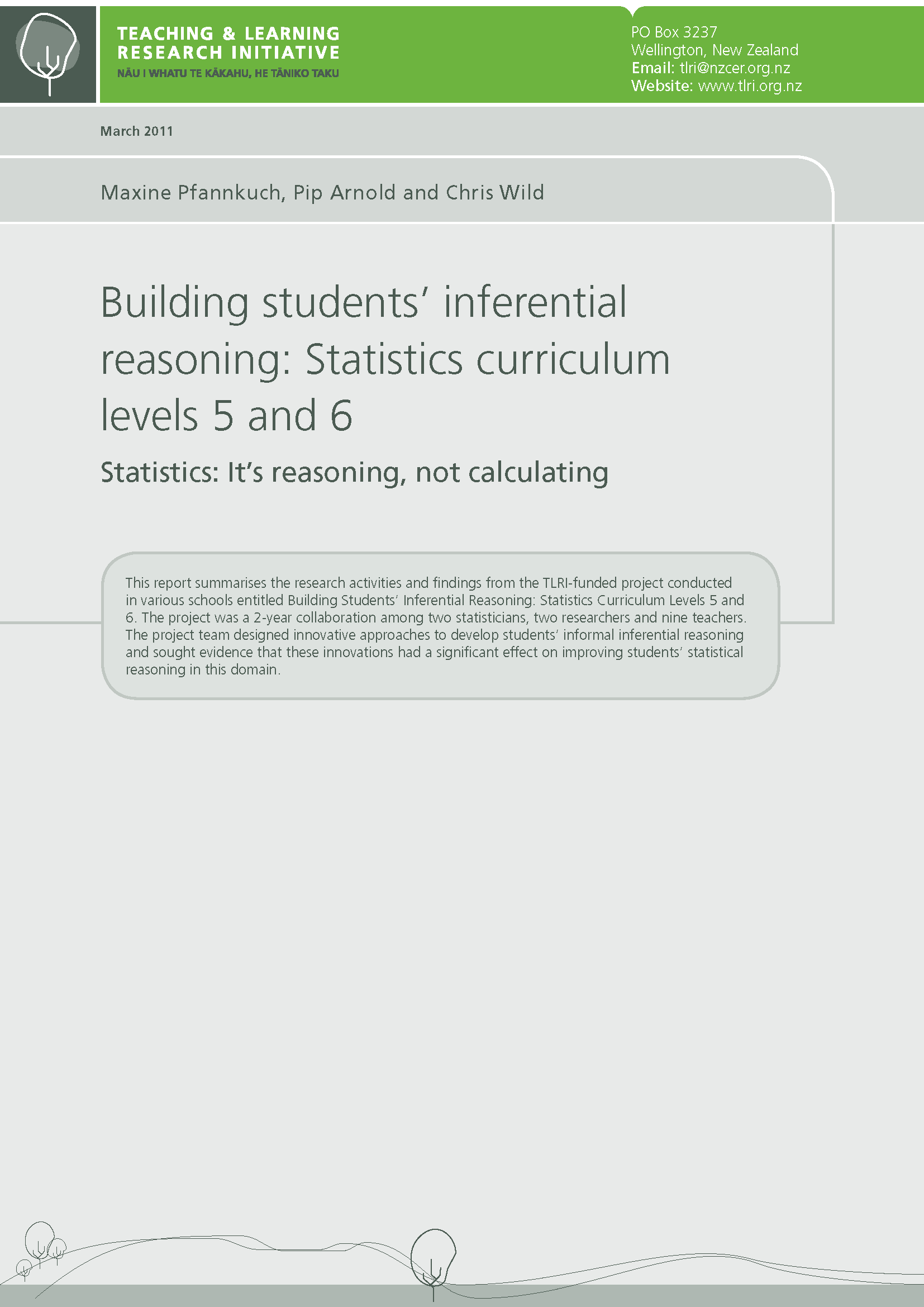
An architecture of ownership
Introduction This project set out to explore how completely new schools, occupying completely new classroom spaces, create themselves as schools. At its inception, a new school has only its buildings; everything else must be developed. In particular, the school must develop its vision for learners, and how this is reflected through school culture, routines, values, practices, and interpretations of curriculum and assessment. We wanted to know what the experience was like for both teachers and students as they found their way and developed their identities as members of the school. To that end, the project examined how teachers and students at Hamilton’s Rototuna High School (RHS), an innovative learning environment (ILE),




